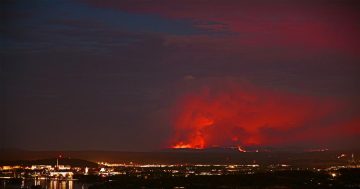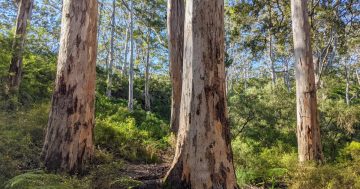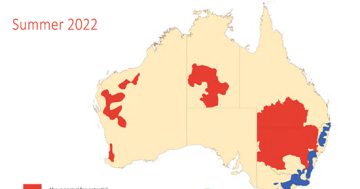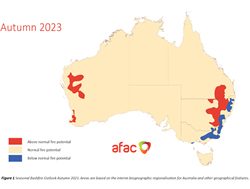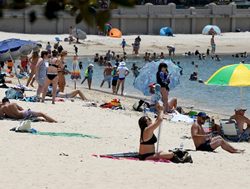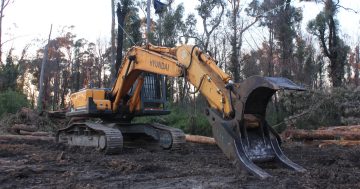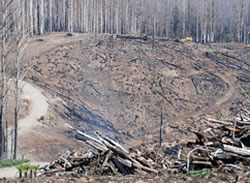 Tree logging in Canberra in the lead-up to the 2019-2020 Black Summer bushfires has been found to have increased the risk of the high-severity fires seen during the crisis, according to research.
Tree logging in Canberra in the lead-up to the 2019-2020 Black Summer bushfires has been found to have increased the risk of the high-severity fires seen during the crisis, according to research.
Studied collectively by the Australian National University (ANU), Curtin University, Macquarie University and the University of Queensland, the Black Summer bushfires burned through more than 24 million hectares, directly caused 33 deaths, led to almost 450 near-deaths from smoke inhalation, as well as destroying thousands of homes and other buildings.
ANU Professor and contributing researcher, David Lindenmayer said that an analysis of the fire footprint of the 2019-20 bushfires revealed the link between high-severity fires and logging.
He said logged forests always burnt at greater severity than intact forests.
“Logging increases the probability of canopy damage by five to 20 per cent and leads to long-term elevated risk of higher severity fire,” Professor Lindenmayer said.
“On the other hand, if disturbance due to logging is minimised, canopy damage can be reduced, in turn reducing the risk of uncontrollable fires.”
He said that while weather conditions had the biggest influence on the severity of the fires, these effects were amplified by logging.
Research Fellow at ANU and also a contributing researcher, Chris Taylor said even in mild fire weather, logged forests were more likely to suffer high severity fire than unlogged forests subject to more severe weather conditions.
The study’s authors warned that logging was not just increasing the risk of severe fires, but also the risk to human lives and safety.
The research has been published in Nature Ecology and Evolution and can be accessed for a fee at this PS News link.


